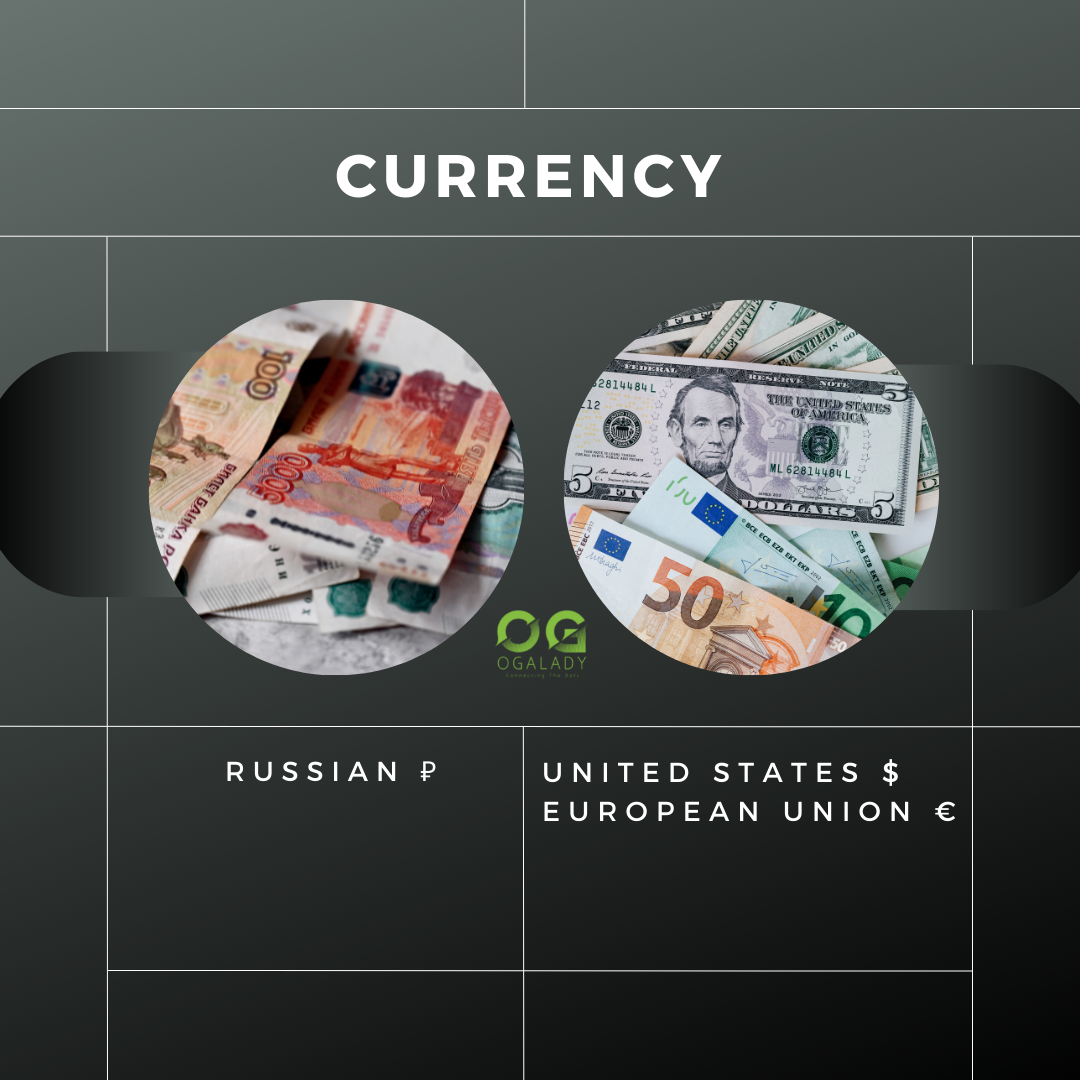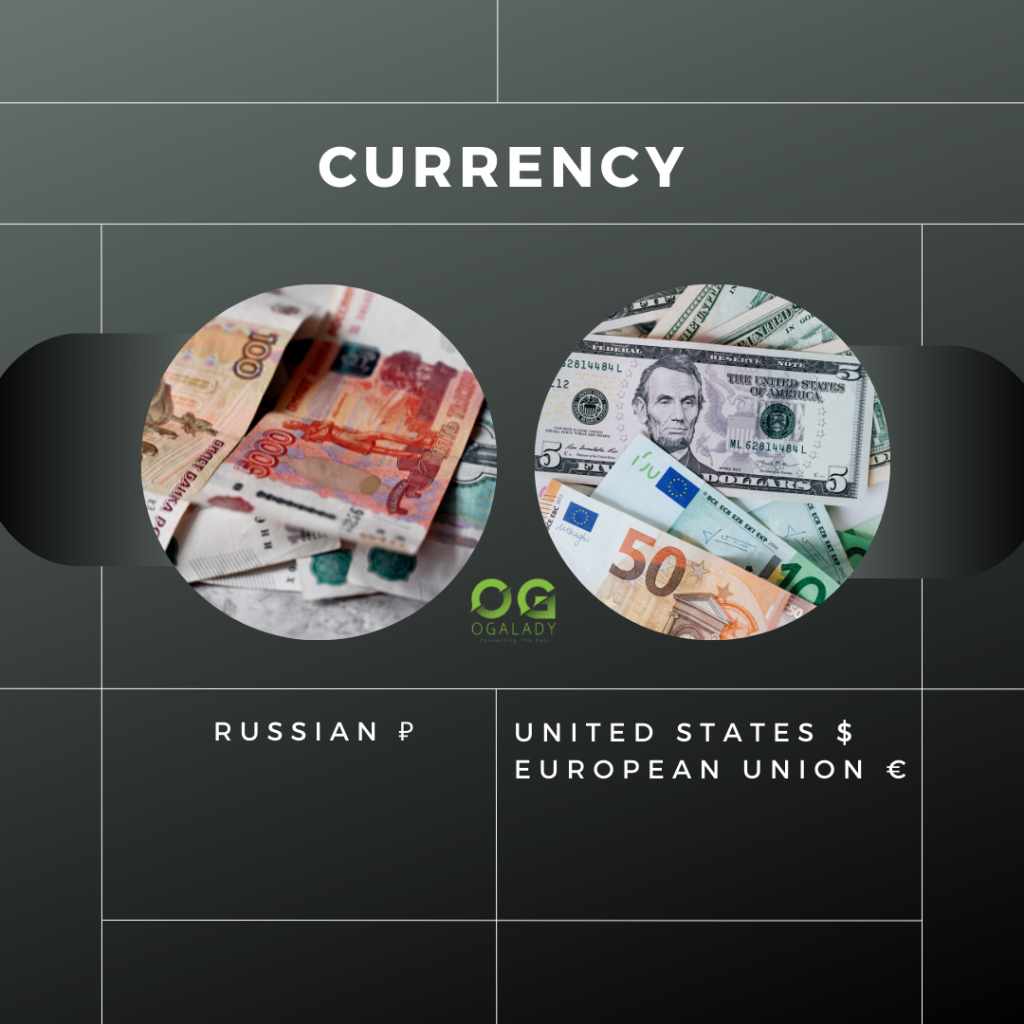
What happens if the Dollar is disregarded as a benchmark currency?
Currently, the United States dollar (USD) is the authorized currency of the United States of America. It consists of 100 cents, and It is represented by the symbol $ to help in differentiating it from other state-based dollars.
The U.S. dollar is deemed a benchmark currency and is the most-used money in transactions across the world. Additionally, it is used as, the authorized currency in many countries outside of the U.S., while many others use it alongside their own as an unofficial currency.
For some time now, the dollar rate has been fluctuating. If this persists, there is going to be a currency substitution to a stable one.
Currency substitution happens when an economy utilizes an alternative currency to the domestic currency.
The alternative currency may be used in parallel to the domestic currency or in some cases may replace it.
BENEFITS OF CURRENCY SUBSTITUTION
Currency substitution has been productive in keeping inflation shorter in countries such as Ecuador, El Salvador, and Zimbabwe which have undergone currency substitution. It is also the reason why more countries and people are opting for decentralized finance (DeFi). Here are some benefits of currency substitution:
1. Encourage Foreign Investment: Foreign investors will be captivated by the strength of a substitute currency and have a tremendous willingness to be paid off in dollars than in domestic currency which might be liable to losses on foreign exchange markets.
2. Reduces Transaction Cost: A substitute currency creates the ability for trade that is frictionless and creates investment between the various economies. Several smaller European economies use the Euro for similar reasons. They see it as not being worthy of the costs of managing a currency.
3. Instability: With a foreign currency substitution the economy is likely to face a balance of payments crisis when speculators take flight and sell domestic currency.
4. Loss of Exchange Rate Flexibility: Using another currency means the exchange rate will no longer be dependent on the dollar. This provides greater uncertainty. However, it could cause exports to become competitive if the dollar depreciates, and the local economy will face rising costs. In this case, the country loses the ability to effectively value the currency to rebuild competition. This over-valuation of the currency can steer to a decline in exports and minimize economic growth.
5. Loss of Monetary Policy Flexibility: The US Federal Reserve will only consider monetary policy according to its economy. If the developing economy is in recession, but the US raises interest rates, the monetary policy will be the opposite of what is needed.
When a country has poor currency recognition, meaning it is difficult to use it for another transaction or store of value, it presents a risk and obstacle to trade with foreign countries that do not need the domestic currency thereby causing a threat to the Economic growth of that particular country.
This in turn makes it a country with a currency that has poor regard at a global trade disadvantage because transactions won’t run as smoothly as those with good regard. This reality will deter other countries from trading with them and can contribute to slower economic growth as global trade opportunities are missed. Because money is expended in virtually all economic deals, it has a powerful impact on the economic growth and activity of that said country.
An increase in the supply of money works both through lowering interest rates, which spurs investment, and through putting more money in the hands of people.

In the wake of the current sanctions on the Russian economy, the Russian Central Bank officially announced the tie of the Ruble to gold at 5000 rubles per gram on March 28, 2022. I believe this move was to stabilize the ruble from a further downward free fall as a result of sanctions from the United States and the European Union.
Therefore, with this move that can be likened to a financial nuke, should the USD be disregarded, there would be a total economic collapse of the United States, which would stimulate a prolonged global recession with crucial political instability and mass starvation.
The United States would have to establish and issue a new currency that isn’t worthless and use that to replace dollars in the US economy or create a policy to stabilize its currency. And unfortunately, most people aren’t equipped to provide for their basic needs without a solid economy behind it. The U.S is about 25% of the global economy. In America, it would be total devastation. They might survive it as a country, but it would take many years to rebuild her economy from scratch with a different kind of medium of exchange.
